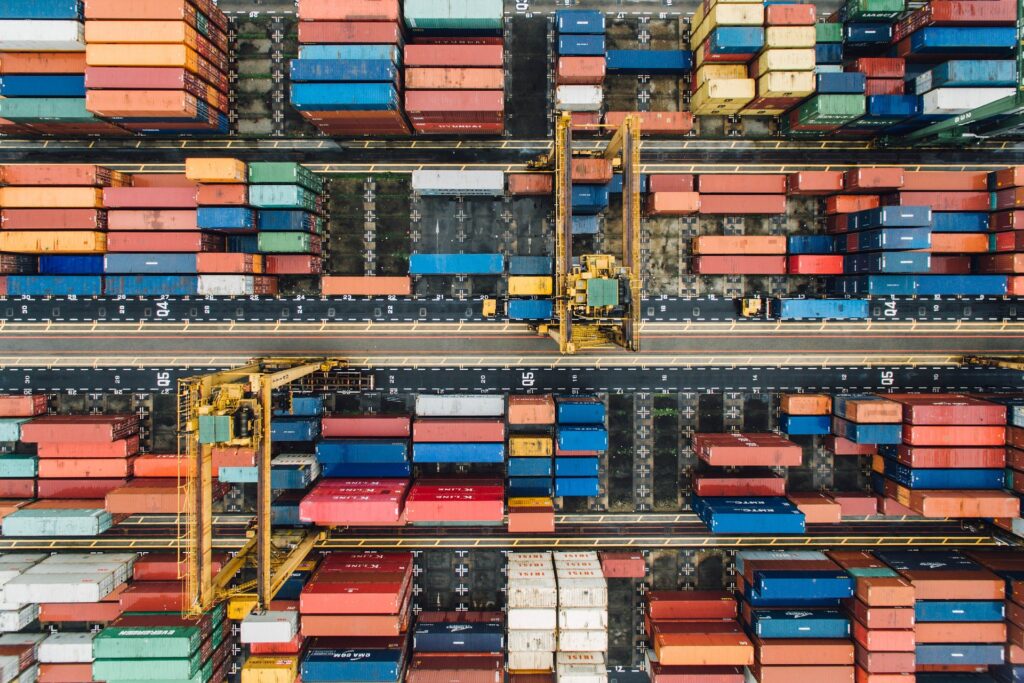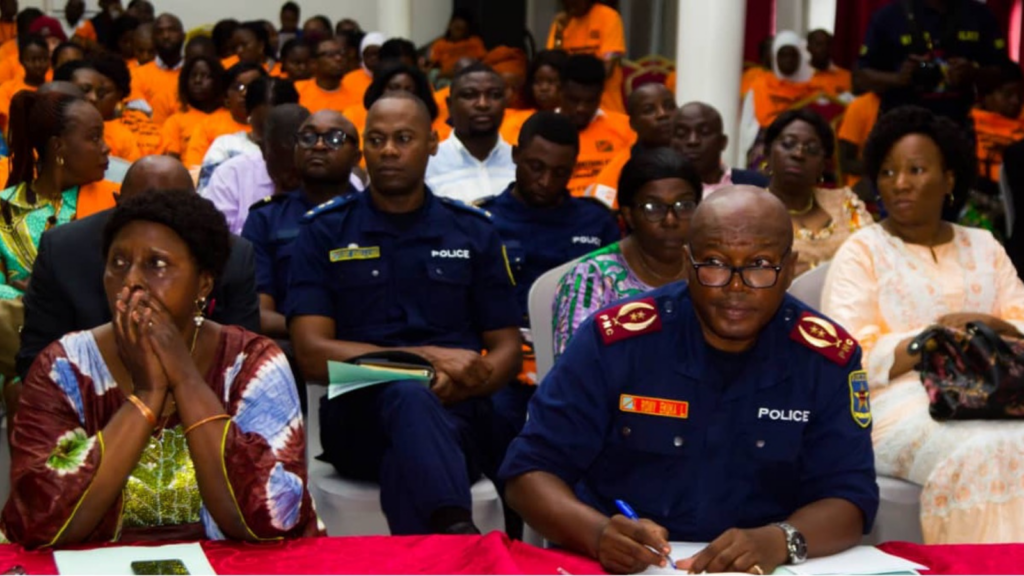Regulating the transportation of small arms and light weapons

The use of private transport contractors, including for the provision of transportation, freight forwarding and charter services to ship and deliver small arms, light weapons (SALW), and their parts, components and ammunition, is not adequately covered by national legal and regulatory frameworks. Inadequate regulation of SALW transport service providers, border posts and ports encourage unscrupulous […]
Small arms and light weapons transfer controls: Import, transit and trans-shipment

The objective of strengthening controls on the transfer of small arms and light weapons (SALW) is to ensure a more responsible trade, counter the illicit trade and prevent armed violence and conflict. To be effective SALW control is not limited to export control. Consignments of SALW as well as their ammunition, parts, and components, need […]
International standards to prevent police gun violence

In many countries, the global and regional proliferation of small arms means that police and other law enforcers are under extreme pressure to counter rising levels of violent gun crime, and are expected to confront armed offenders. In the process, ill-trained and ill-disciplined officers with guns, sometimes kill, maim, and mistreat innocent people whom they are supposed to protect. Increasingly, police, customs and other law enforcement officers are also called upon to detect illicit gun traffickers, mark firearms, process firearms licenses, collect illicit firearms and persuade communities to report illegal firearms. However, such efforts are often thwarted by corrupt police practices and a lack of trust from communities.
IANSA has published a briefing paper and Fact Sheet on “International Standards to Prevent Police Gun Violence.” This publication focuses on essential common principles and procedures which the United Nations has recommended to ensure that all law enforcement agencies will restrict their use of force to a minimum, keep their firearms under strict control, and prevent officers from committing acts of gun violence or other abuse. The UN standards draw on international human rights law, general principles on the rule of law, and provide guidance to differentiate between a lawful use of force and firearms, as opposed to acts of criminal violence by the police.
Due diligence responsibilities of businesses involved in small arms and light weapons

IPIS and the International Action Network on Small Arms (IANSA) have developed a Fact sheet on “Due Diligence Responsibilities of Businesses Involved in Small Arms and Light Weapons.” For over a decade, the international community has been developing guidelines for responsible business conduct for States and companies to prevent, address and remedy human rights abuses committed in […]
The impact of Covid-19 on artisanal mines in western CAR

To assess the socio-economic impact of the Covid-19 pandemic on the artisanal and small-scale sector in the Central African Republic, IPIS conducted a series of phone interviews targeting key informants to collect information on minerals production, prices and illegal taxation on gold and diamond artisanal mining sites in western CAR.

